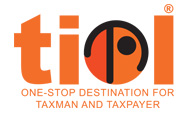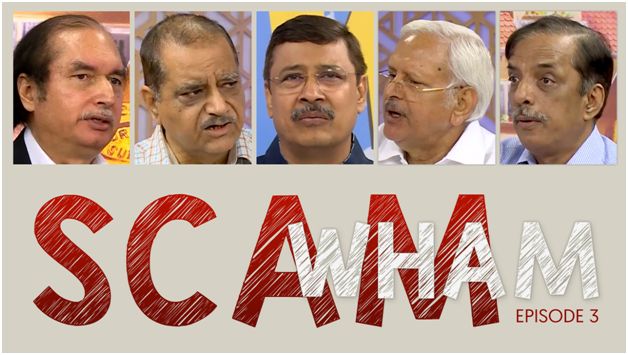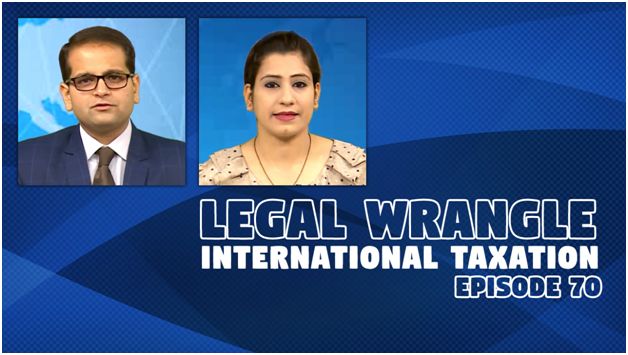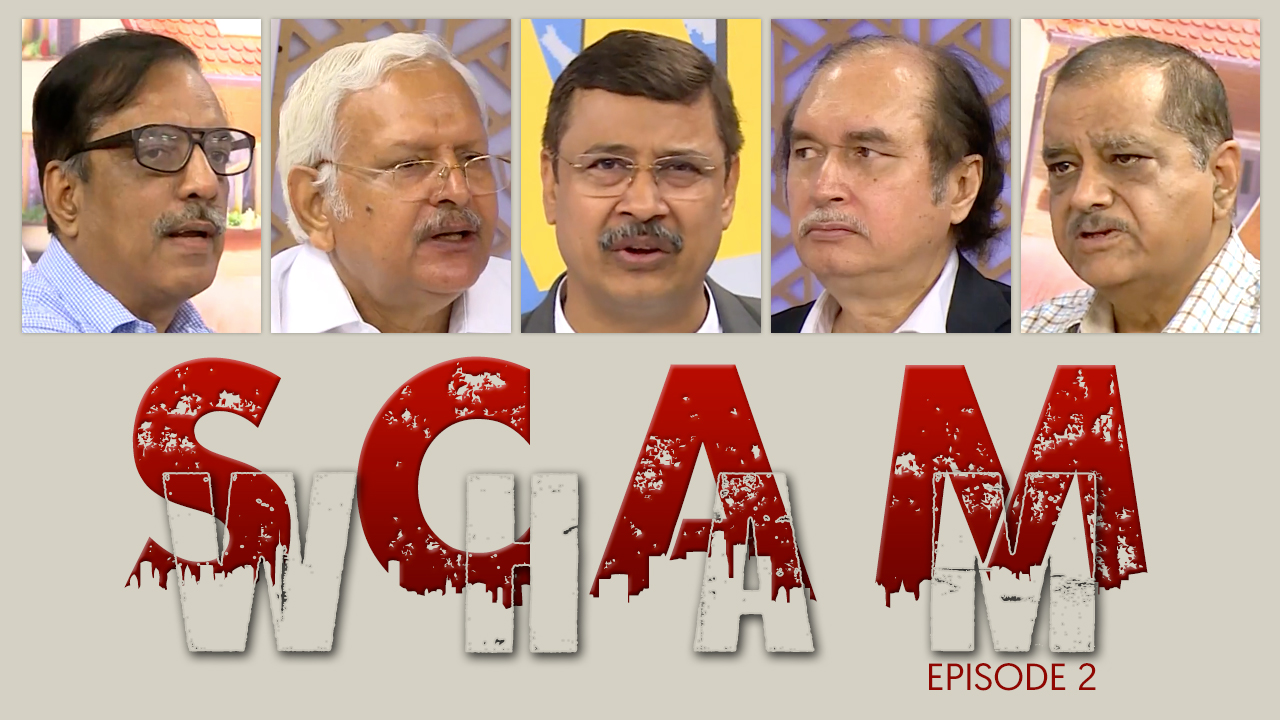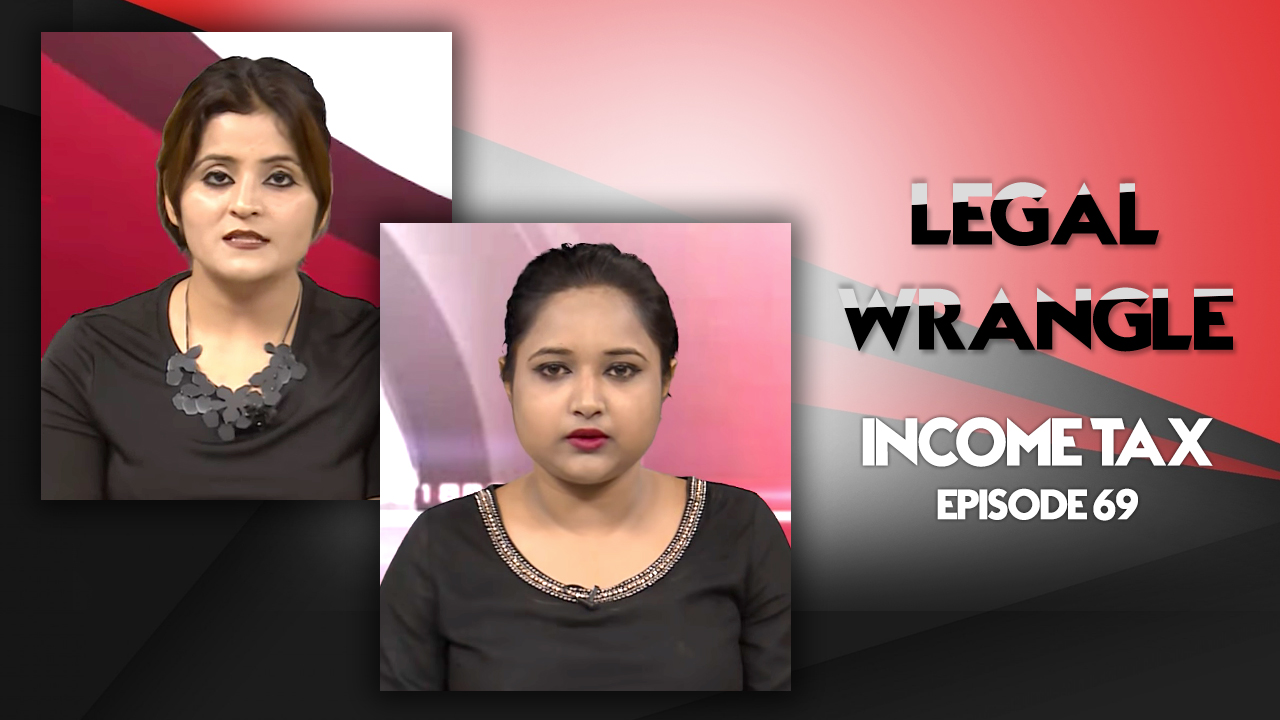SERVICE TAX SECTION
ST – Foreman commission is not liable to service tax under BOFS since ‘cash management' as understood in common parlance would not embrace chit fund business: CESTAT [para 2, 3] - Appeals allowed: BANGALORE CESTAT
Hassan Hajee and Company Vs CCE & ST
ST - Assessee engaged in providing services of stevedore, CHA, C&F, Steamer Agent, Handling and Transport Contractors and related services - The disputed period is 16.8.2002 to 31.2.2004 - As per the scheme of charging service tax on CHA services since 1997, assessee was paying service tax in respect of turnkey jobs on 15% of gross amount charged from clients as per Circular dated 6.6.1997 issued by CBEC - Department was of the view that said Circular will not be applicable to assessee inasmuch as they were raising bills in respect of some of services rendered on behalf of their clients - CBEC had prescribed a simplified system of payment in respect of CHA vide their Circular 1997 - This was prescribed in respect of activities carried out by CHA on a turnkey basis in which several activities are carried out on behalf of customers and a consolidated bill is raised - Assessee has been following such Circular for payment of service tax on CHA service - Dispute for the earlier period stands decided in favour of assessee by Tribunal's decision in case of Aspinwall & Co. Ltd. - Service tax on CHA services stands already paid by assessee as per the Scheme, which was valid up to 2006 - Hence, Revenue is not justified in vivisecting the total lump sum received and charging service tax on activity of cargo handling under 'Port Services' - Impugned order is set aside: CESTAT - Appeal allowed: BANGALORE CESTAT
CENTRAL EXCISE SECTION
2018-TIOL-139-SC-CX + Story
CCE Vs Madhan Agro Industries (I) Pvt Ltd
Coconut oil in small packings, whether classifiable under CH 1513 as coconut oil or CH 3305 as Hair oil - difference of opinion - appeals placed before CJI for further orders : SUPREME COURT OF INDIA 2018-TIOL-137-SC-CX
CCE Vs Bharat Heavy Electricals Ltd
CX - The assessee-company is a leading company engaged in engineering & manufacture - The issue involved pertains to classification of boiler parts cleared by it - While the assessee classified it under CSH 8402.10, the Revenue sought to classify it under heading 8402.90 - The Commr.(A) upheld the classification favored by the assessee - On Revenue's appeal, the Tribunal held that boilers are classifiable under CSH 8402.10 while boilers parts are classifiable under 8402.90 - The Tribunal also noted that the assessee had entered into contract for supplying boiler & boiler parts - In its order, the Revenue alleged that the assessee cleared boiler components against the orders seeking supply of boilers - The Tribunal also noticed that in the assessee's own case, the goods were found to be classifiable under CSH 8402.10 & so upheld the classification done by the assessee - Hence the Revenue's appeal.
Held - Delay in filing appeal condoned - Appeal admitted & tagged with Civil Appeal No 8490/2009. - Appeal Admitted
: SUPREME COURT OF INDIA
2018-TIOL-1186-CESTAT-CHD
Winsome Yarn Ltd Vs CCE
CX - Assessee is a 100% EOU engaged in manufacture of yarns falling under chapters 52 and 55 of Schedule to CETA, 1985 - In one part of unit, they were manufacturing 100% raw white cotton yarn falling under Chapter 52 and in second part they were manufacturing 100% dyed cotton falling under Chapter 52 and blended yarn falling under Chapter 55 - All the manufacturing process of two parts of unit were being carried out separately except the conditioning of yarn in Xorella Conditioning Machine installed in second part - In second part manufacturing process of 100% cotton dyed yarn and blended yarn is carried out separately - It is alleged that in Part-II unit, two types of waste are generated i.e. from the manufacturing of 100% dyed cotton yarn under chapter 52 and from the manufacturing of cotton blended under Chapter 55 - It was the allegation of Revenue that the two kinds of waste generated in separate manufacturing process are required to be cleared separately - In assessee's own case for the earlier period vide 2017-TIOL-1636-CESTAT-CHD , issue has been decided in favour of assessee - Therefore, relying on said decision in their own case, impugned order set aside and appeal allowed with consequential relief: CESTAT - Appeal allowed: CHANDIGARH CESTAT
Ms 3e Infotech Vs CCE
CX - Assessee filed the refund claim seeking refund of service tax amount erroneously paid - Original adjudicating authority sanctioned the refund falling within the limitation period but rejected an amount as barred by limitation - Section 11 B lays down time within which refund claim can be made by an assessee - The fact that an assessee who claims the refund leads to an inevitable conclusion that such tax/duty was not required to be paid, thus making them to claim the refund of the same - Further, the Tribunal being creator of the Act cannot go beyond the provisions of the Act and cannot adopt general limits under the limitation Act as prayed for by assessee, especially when limitation stands provided under the Section 11 B of the Act - As such, no justification found in relaxing or condoning the delay period: CESTAT - Appeal rejected: CHENNAI CESTAT
CUSTOMS SECTION
F.NO.609/27/2018-DBK
Request for views/suggestions and data for review of All Industry Rates (AIR) of Duty Drawback for the year 2018 CASE LAWS
Cus - Assessee had filed bills of entry for clearance of MS Steel other than stainless steel scrap, goods were exempted under first check - It was noticed that assessee had not submitted manufacturers' invoice but that of traders - Customs authorities took the view that declared values not being based on manufacturer's invoices, hence declared values are required to be enhanced to USD 430 per tonne based on contemporary prices in NIDB data - MS Steel is generated in course of manufacture of finished goods - Assessee, right from the beginning, have been crying hoarse that such scrap is disposed of by concerned manufacturers to traders and that they have to necessarily buy such scrap only from the traders at the prevalent market rate - This assertion has not been disproved or proved incorrect by Customs - Department cannot reject the invoices issued by traders the declared import values only for the reason that accompanying invoices have not been issued by manufacturers themselves - It is not as if manufacturers concerned have set out or conduct their activities with sole intention of manufacturing such "shredded scrap" - Obviously impugned goods are but shreds and turnings which have emerge during the manufacture of goods by concerned manufacturers - There can be no dispute that these metal shreds and turnings would not be in very huge quantities vis-a`-vis the actual goods manufactured - Invoices issued by traders from countries like Belgium, Malaysia and Singapore cannot be dismissed peremptorily unless there are justifiable reasons not to accept the genuineness or authenticity of such invoices - Be it as it may, enhanced values have been adopted based on NIDB data only - Assessee have contended that contemporary values on which department intended to enhance import values have not been provided to them - Merit found in these arguments - It is now well settled that NIDB data cannot be made the basis for enhancement of declared import values - Department has not brought out any other material to demolish the transaction value and has also not brought any evidence to prove that overseas supplier has been paid consideration higher than the amount indicated in invoices which have been paid through bank channels - Impugned orders set aside: CESTAT - Appeals allowed: HYDERABAD CESTAT
|

